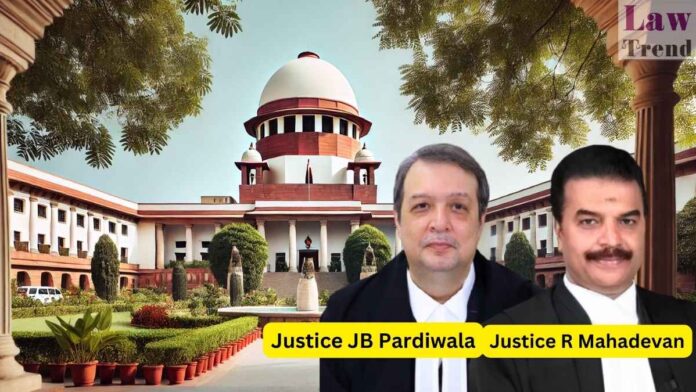The Supreme Court of India has reaffirmed that a General Power of Attorney (GPA) terminates upon the death of the principal and that an unregistered sale agreement does not confer ownership rights in immovable property. The ruling was delivered in the case of M. S. Ananthamurthy & Anr. vs J. Manjula Etc. [SLP (C) Nos.
To Read More Please Subscribe to VIP Membership for Unlimited Access to All the Articles, Download Available Copies of Judgments/Order, Acess to Central/State Bare Acts, Advertisement Free Content, Access to More than 4000 Legal Drafts( Readymade Editable Formats of Suits, Petitions, Writs, Legal Notices, Divorce Petitions, 138 Notices, Bail Applications etc.) in Hindi and English.




